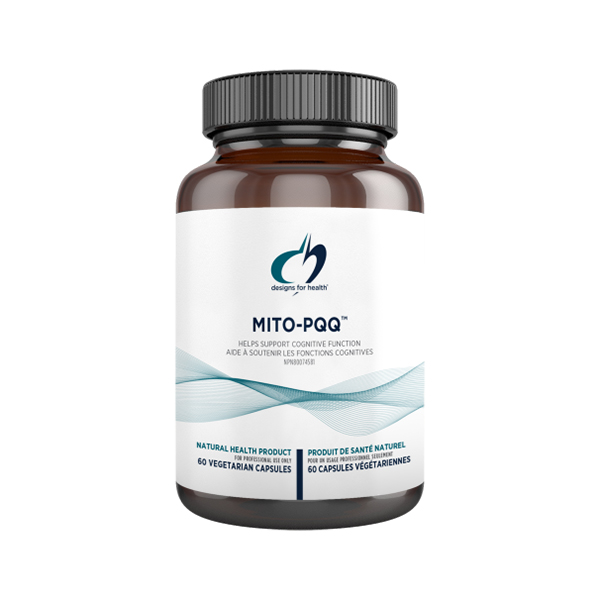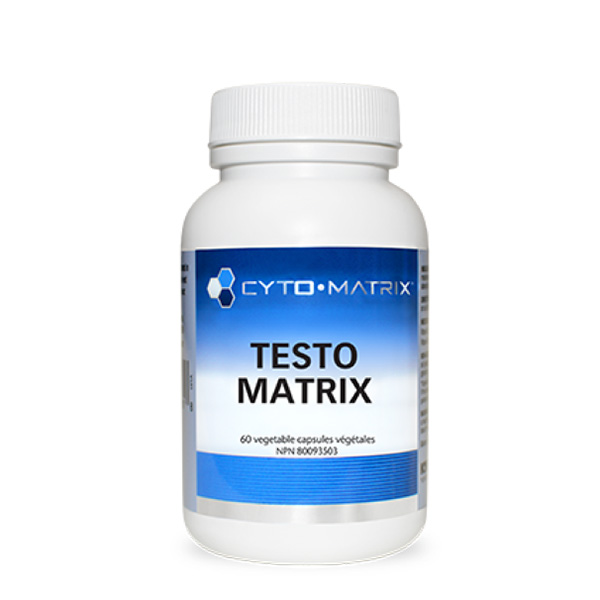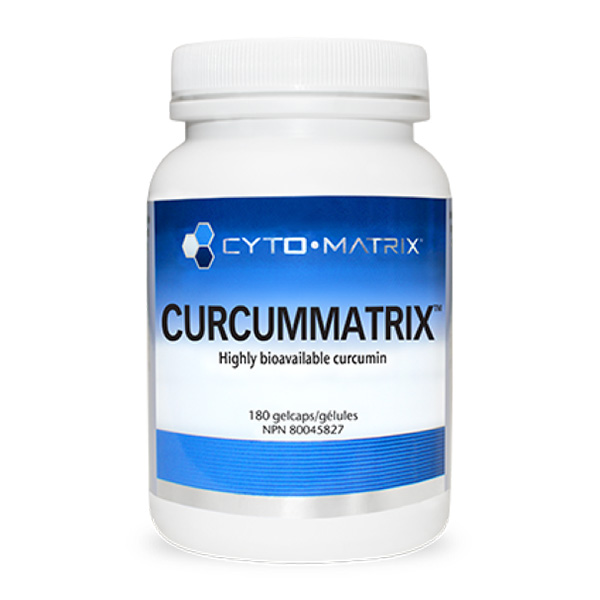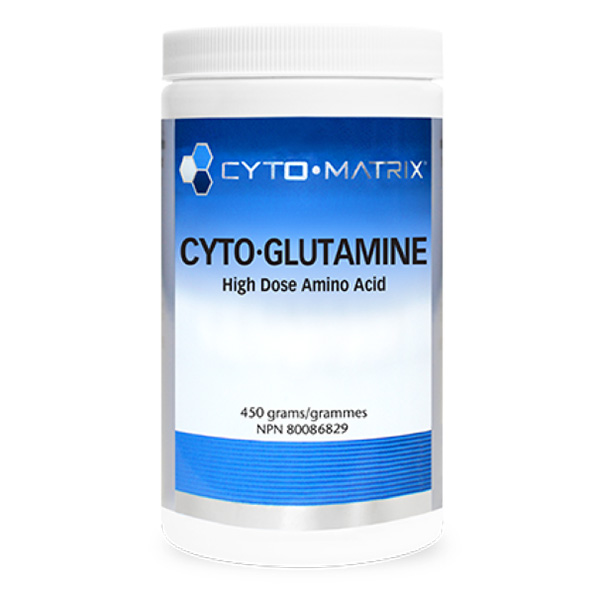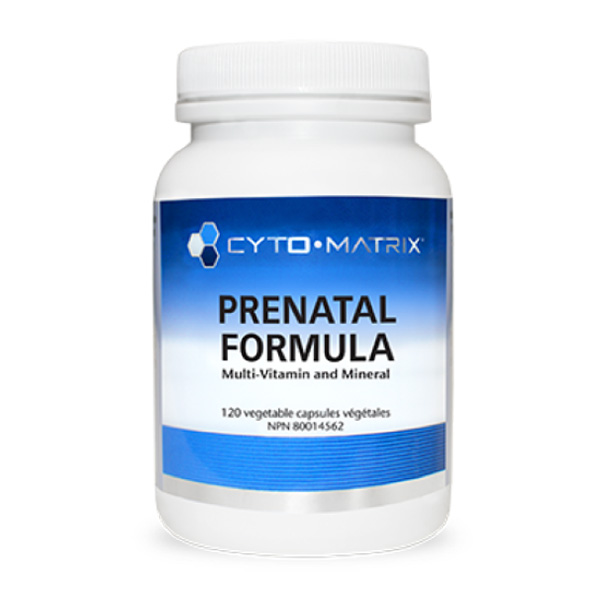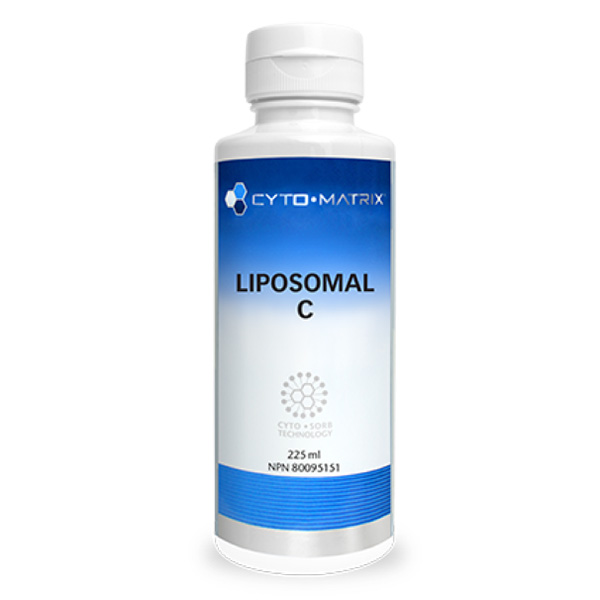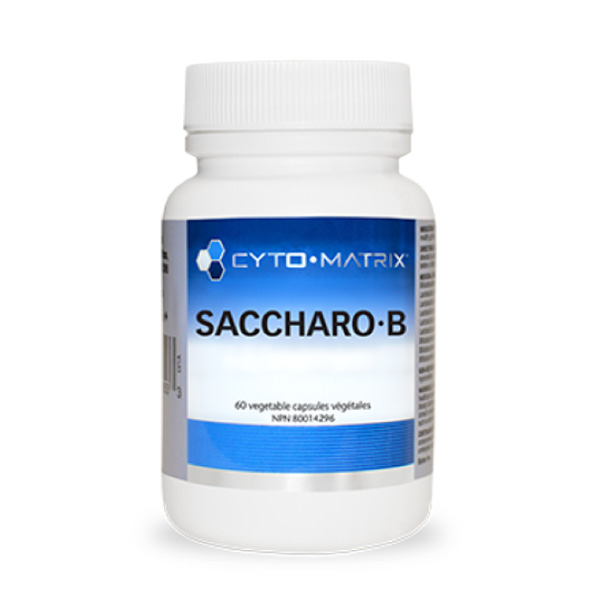Designs For Health – Mito-PQQ – 60 capsules
$79.89
Mito-PQQ from Designs For Health is designed to help support optimal mitochondrial biogenesis, which is critical for the promotion of healthy aging, optimal energy production, and protection from reactive oxygen species (oxidative stress).
Description
Mito-PQQ is designed to help support optimal mitochondrial biogenesis, which is critical for the promotion of healthy aging, optimal energy production, and protection from reactive oxygen species (oxidative stress).
Mito-PQQ features pyrroloquinoline quinone (PQQ), a water-soluble, vitamin-like compound, and Rhodiola rosea, a popular adaptogen. PQQ is an enzyme cofactor possessing antioxidative, neuroprotective, and cardioprotective properties that encourage mitochondrial biogenesis. Rhodiola rosea helps support the adrenal glands. Research shows that Rhodiola rosea is a powerful herb for enhancing mitochondrial energy production and helps defend against free radicals in the nervous system as well as the mitochondria.
Mito-PQQ is designed to help support optimal mitochondrial biogenesis, which involves the formation of new mitochondria and increasing their density. With an increase in mitochondria’s density, more ATP is formed, which translates into more energy as well as a greater capacity to burn fat for energy as opposed to storing it as body fat.
Because aging is associated with deterioration at the cellular level, proper mitochondrial biogenesis – growth and division of pre-existing mitochondria – is critical for the promotion of healthy aging, as well as optimal energy production, and protection from reactive oxygen species (oxidative stress). Mitochondrial dysfunction, with its associated ATP deficiency, is related to a host of diseases, including chronic fatigue syndrome, degenerative neurological disorders, cardiovascular disease, obesity, and even diabetes, as reduced mitochondrial biogenesis has been demonstrated in metabolic syndrome.
Mito-PQQ may benefit:
• Chronic Fatigue Syndrome/Fibromyalgia
• Increase in energy levels
• Anti-aging
• Athletic performance
• Type 2 Diabetes
• Obesity
Highlights of Mito-PQQ
Pyrroloquinoline quinone (PQQ) is a water-soluble, vitamin-like compound, although not a vitamin itself. It is an enzyme cofactor possessing antioxidative, neuroprotective, and cardioprotective properties and actually encourages mitochondrial biogenesis. PQQ stimulates cell-signaling pathways that can initiate the potential for increased mitochondrial production. It works by influencing the activity of PGC-1, a major protein involved in the regulation of energy metabolism and mitochondrial biogenesis.
Rhodiola rosea is a popular adaptogenic herb, assisting the body in adapting to stress, anxiety, and fatigue by helping to support the adrenal glands. Research shows that Rhodiola rosea is a powerful herb for enhancing mitochondrial energy production. It works by activating the synthesis of ATP in mitochondria and stimulating reparative energy. Rhodiola rosea is also a potent antioxidant and helps to defend against oxidative damage to the nervous system, as well as the mitochondria. Similar to PQQ, Rhodiola rosea also exhibits both neuroprotective and cardioprotective traits.
How to take:
• Do not take close to bedtime, due to its potential energizing effect
• Use caution with Rhodiola rosea – may be too stimulating for anyone with anxiety or panic attacks
• Can be taken together with Mitochondrial NRG™ for maximum mitochondrial support
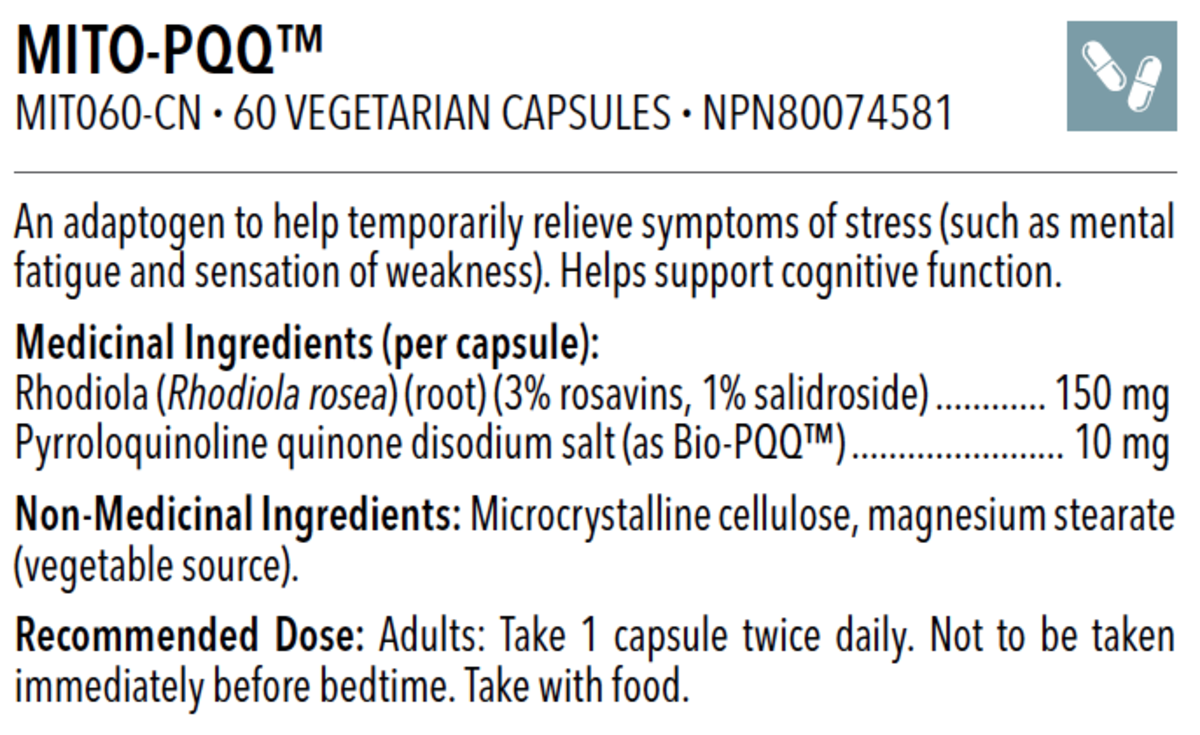
| Weight | 0.1 kg |
|---|

